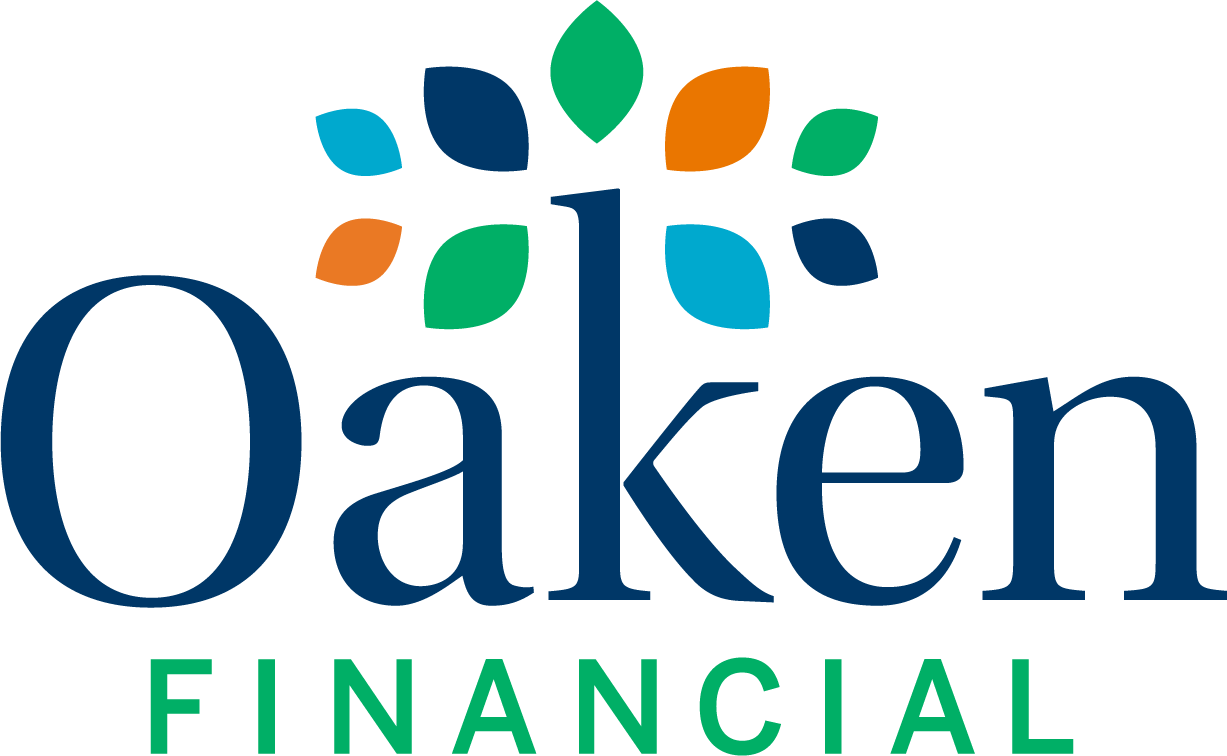The potential Canada Post strike may delay the delivery of documents and cheques. You can update your document delivery to electronic and setup direct deposits today to avoid potential interruption. Don’t forget to review and update your maturity instructions to ensure they're up to date. All these can be done by using Oaken Digital. Click here to enrol for Oaken Digital today.
Help Centre
How can we help you?
Common reporting standard
About common reporting standard
CRS is an international standard developed by the Organization for Economic Co-Operation and Development (OECD) to enable exchange of tax-related information between participating jurisdictions. Over 100 countries world-wide have committed to implementing CRS, and Canada has announced that it intends to implement CRS effective July 1, 2017. Click here for a list of jurisdictions that have committed to implement the CRS.
Click hereCRS seeks to establish the tax residency of customers. Financial institutions are required to identify and report anyone who appears to be a tax resident outside of the country where they hold their accounts. Both individuals and entities, including controlling persons of entity, will be asked to declare their jurisdiction(s) of tax residency as part of the application process. In some cases, additional documentation may be required. Information on non-resident customers and accounts held by non-resident customers will be reported to CRA, to be shared with the relevant jurisdictions.
Just like FATCA, CRS is an effort to fight tax evasion and improve tax compliance. However, FATCA is limited to the identification and reporting of U.S. taxpayers, while CRS is an international standard with reporting based on tax residency in countries other than the U.S.
In line with CRS requirements, financial institutions will be asking for your country(ies) of tax residence and taxpayer identification number(s). However, the taxpayer identification number(s) does not apply to all participating jurisdictions, and is subject to local law requirements.
It’s up to you to determine your tax residence(s). Financial institutions cannot provide legal or regulatory advice as it pertains to CRS or any other tax matters. If you have questions regarding your tax residency, visit OECD’s website or speak with a tax advisor.
Under CRS, you are required to provide a TIN from your foreign tax jurisdiction. If you don’t have your TIN, they will need to obtain it from the relevant tax authority within that jurisdiction. If a jurisdiction does not provide TINs, you continue to provide your country of residency in order to fulfill the CRS requirement.
CRS applies to all GICs and savings accounts. Registered accounts such as TFSAs, RSPs and RIFs are exempted from CRS requirements.
Yes, all non-personal customers must declare their tax residency and the jurisdiction of any of their controlling persons for certain investment and trust entities. If they have foreign tax residency, a RC519 form must be completed. (A controlling person is an individual who exercises control over a business. For example, but not limited to, trustees, beneficiaries, protectors, settlors, decedents and owners of a private corporation.)
If a client is reportable, the information we will provide to local tax authorities are:
Identifying information for the account holder (name, address, date of birth)
Taxpayer identification numbers
Account number
Account balance or value at end of the year
Amounts paid or credited to the account
Please note that the above information is for information purposes only, and is not intended to serve as legal or tax advice. If you require such advice, you should consult a professional advisor.
Have additional questions?
Call us at 1-855-OAKEN-22 (625-3622). Oaken representatives are available Monday to Friday, 8:00am to 8:00pm EST and Saturday 9:00am – 5:00pm EST. If you call outside our regular office hours, leave a message and we’ll call you back on the next business day. You can also email us service@oaken.com, send us a secure message in Oaken Digital.
Quick links
Oaken Financial
Oaken Digital
Are you an existing Oaken customer?
Other ways to open an account
Commercial applications can be downloaded here and mailed to us.
Or if you prefer to make an appointment to apply in person, you can do so by viewing our Oaken store locations. For more information, please email service@oaken.com or call 1-855-OAKEN-22 (625-3622) from Monday to Friday 8:00AM to 8:00PM EST and Saturday from 9:00AM to 5:00pm EST.




